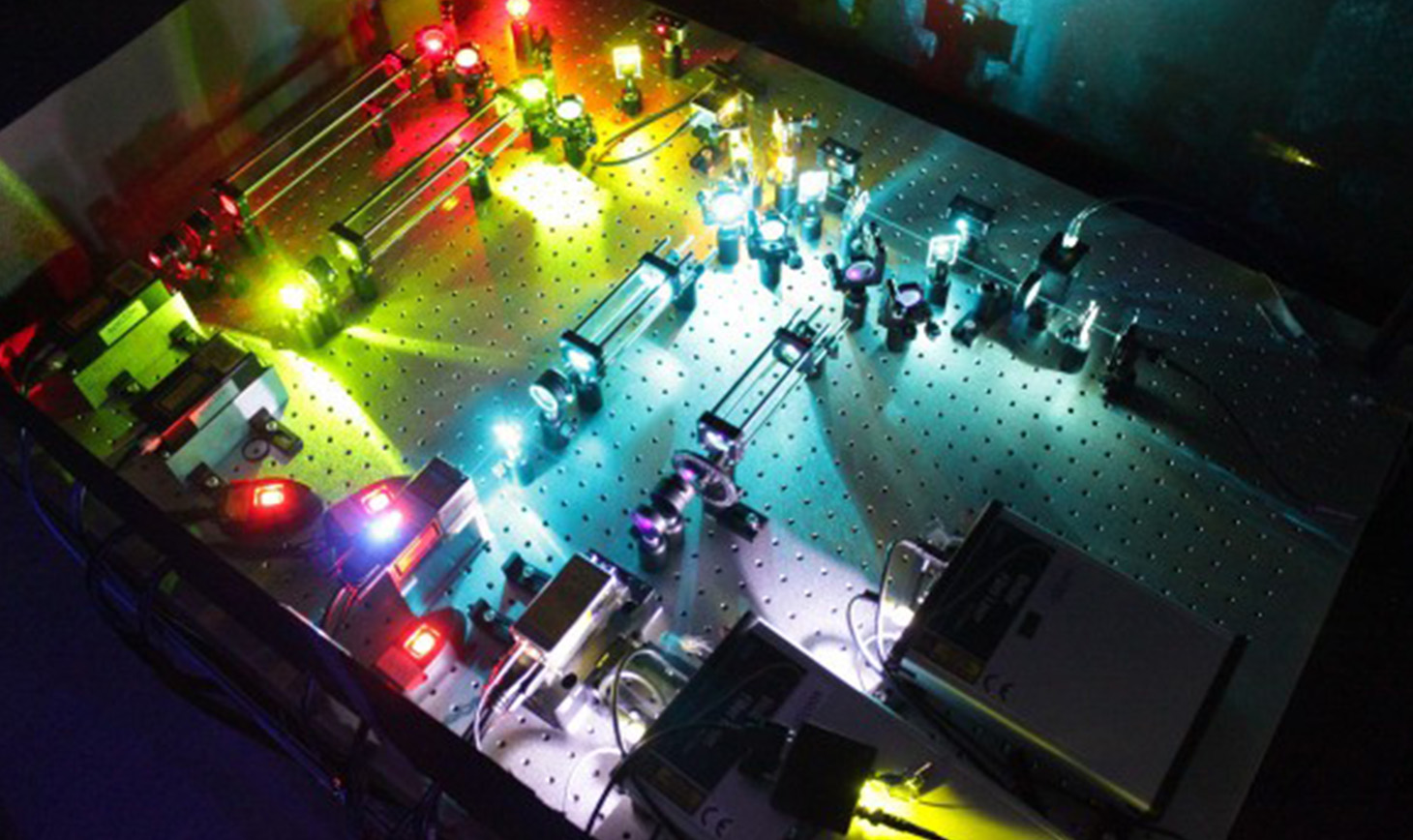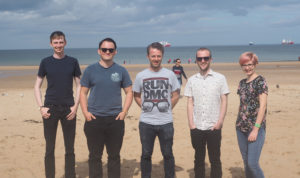
Reigatian Scientist breakthrough
Reigatian Scientist reveals the treadmilling motion of dividing bacteria
A key breakthrough in the challenge of the rise of antibiotic resistant bacteria was made last year, by one of our own Reigatian community members. Former RGS student, Dr Seamus Holden (‘03) of the Institute for Cell and Molecular Biosciences at Newcastle University is one of the senior authors of the study. He worked as part of an international team of scientists from across the world; Newcastle University, Harvard and Indiana Universities (USA) and TU Delft (Netherlands). Through collaboration using the latest imaging techniques they have revealed the elusive mechanistic principles of bacterial cell division.
Publishing in Science, their research shows how bacterial division proteins build a partition wall across the cell, one molecule at a time.
Results revealed the basic mechanistic principles of bacterial cell division: that the building of the division crosswall is orchestrated by moving cytoskeletal filaments. Previously, the cytoskeleton was thought to serve as a static scaffold, recruiting other molecules and perhaps exerting some local force to divide the cell. This new work demonstrates that all the components of cell division are in constant, controlled motion around the division site, driven by the fundamental dynamics of the cytoskeleton.
In the longer term, this study could open up novel antibiotic targets. Based on the discovery that the treadmilling motion of the bacterial cytoskeleton is critical for division, it may be possible to develop new drugs that specifically inhibit this motion, similar to how the chemotherapy drug taxol suppresses the motion of the cytoskeleton in cancer cells.
Read more about the discovery on the Newcastle University website and about Seamus’s work at the Holden Lab (plus PhD opportunities!).
Congratulations to Seamus, who in 2017 was awarded the Henry Dale Fellowship, which provides support for postdoctoral researchers who aim to become independent scientists leading their own groups. The scheme is a partnership between the Royal Society and the Wellcome Trust.

